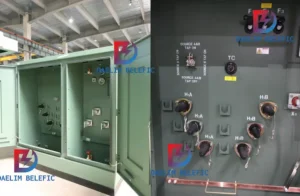
How to Choose Pad Mounted Transformer?
Table of Contents Selecting the right pad-mounted transformer requires careful consideration of several critical
ELECTRIC, WITH AN EDGE
The MVA rating of transformer is determined by its total deliverable apparent power, wherein it is equal to the product of primary current and primary voltage. A transformer’s rating is expressed in megavolt amperes (MVA) if it is divided by 1,000,000. Normally, the primary current is written as I(primary) in amps, and the primary voltage is written as V(primary) in volts, divided by 1,000,000.
As you may know, a transformer has the function of converting the voltage or current to different levels. This means that it can reduce the voltage of power circuits to operate low-voltage devices. It can also raise the voltage to transmit electric power over long distances.
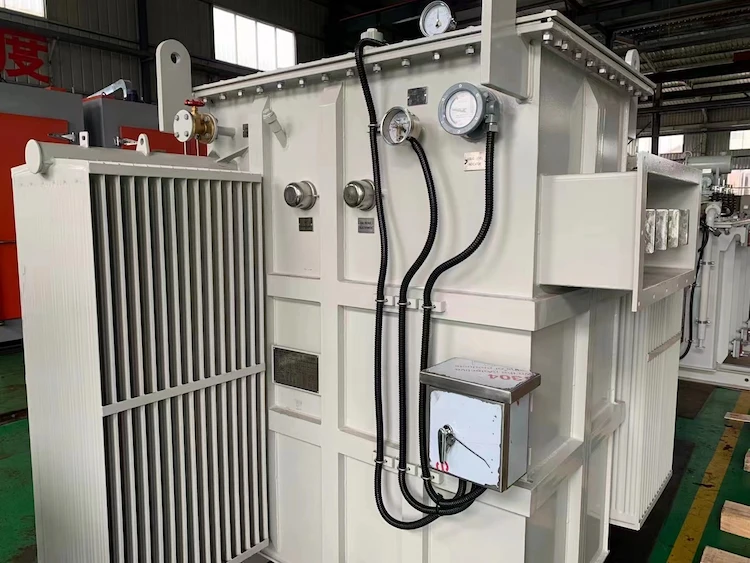
DAELIM has already built a reputation of being an expert in designing, engineering, and manufacturing high-quality electric products and equipment for over 15 years. They have become a valued and trusted partner in the global electric industry with dedicated customer service, product innovation, and strong social and environmental responsibility.
You have learned that the MVA rating of transformer is determined by its apparent power, which is a product of primary or secondary current or voltage. You have also learned the uses of transformers in everyday life and power crypto farm operations.
DAELIM offers transformers for residential and commercial purposes and your crypto mining operations.
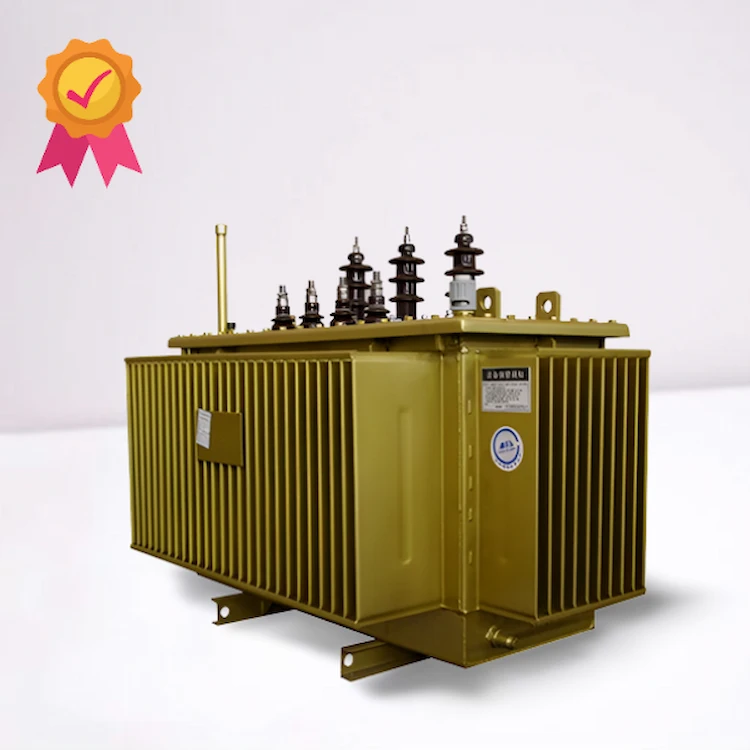
The MVA in transformer or the megavolt amperes (MVA) power is a unit used for measuring apparent power. Transformer rated in KVA/MVA can be resistive, inductive, or capacitive. Its load power factor is not yet known, as the current power factor depends on the load connected.
So, the power factor of the current is rated concerning its resistive load.
Apparent power is a product of reactive and true power and is used to determine the MVA rating of transformer. True power would be the same as the apparent power when the impedance is a pure resistance to an electric circuit or component to alternating current. In contrast, reactive power is the difference between apparent and true power when reactance is to exist.
You can observe such phenomena in the comforts of your home. If you have an air conditioner, you can install a stabilizer, which is a transformer that acts as a barrier between the appliance and the power supply. It then maintains the output voltage for it to remain steady during brownouts.
As you install the stabilizer between the voltage supply and the air-conditioner, you can get the rating of the transformer. For example, your electricity bill includes active power consumed, but the reactive power is free of charge. But the installed stabilizer accommodates reactive power also, which makes up the apparent power, therefore determining the transformer’s rating.
During power outages or brownouts, voltage fluctuations can increase your electric bill as appliances make an effort to compensate for the voltage loss or fluctuations, increasing electrical consumption.
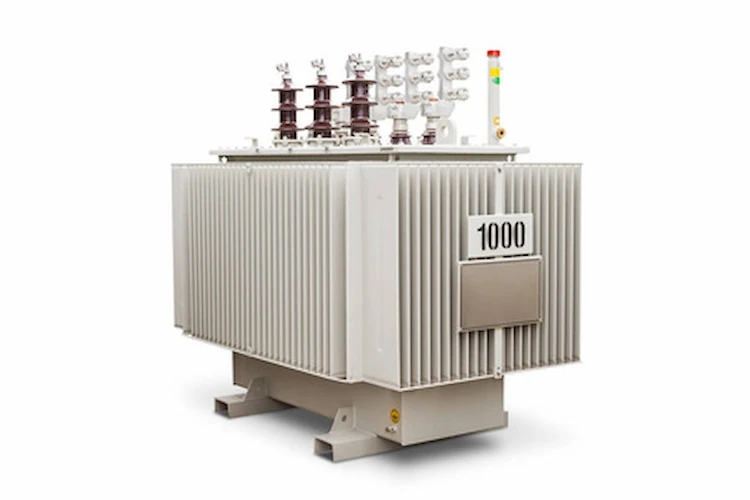
To get the MVA rating of transformer, as mentioned earlier:
S(MVA) = I(Primary) x V(primary) / 1,000,000 where,
I(Primary) is the primary current measured in amps
V(primary) primary voltage measured in volts
S(MVA) is the product of the primary current and voltage divided by 1,000,000
Also, S(MVA) = I(Primary) x V(primary) / 1,000,000 = S(MVA) = I(Secondary) x V(Secondary) / 1,000,000
To better explain the formula, particularly the electrical MVA formula, you can calculate the rating of the single-phase transformer using this example:
A 1-phase transformer has a secondary voltage and current of 240V and 62.5A, respectively. Calculate the MVA rating of the single-phase transformer.
For Single Phase Transformer rating, it is expressed as P = V x I where:
Since you want to get the MVA, you’ll divide the P by 1,000,000.
Solution:
P = V x I / 1,000,000
P = 240V x 62.5A / 1,000,000
P = 15000 / 1,000,000
P = 0.015 MVA
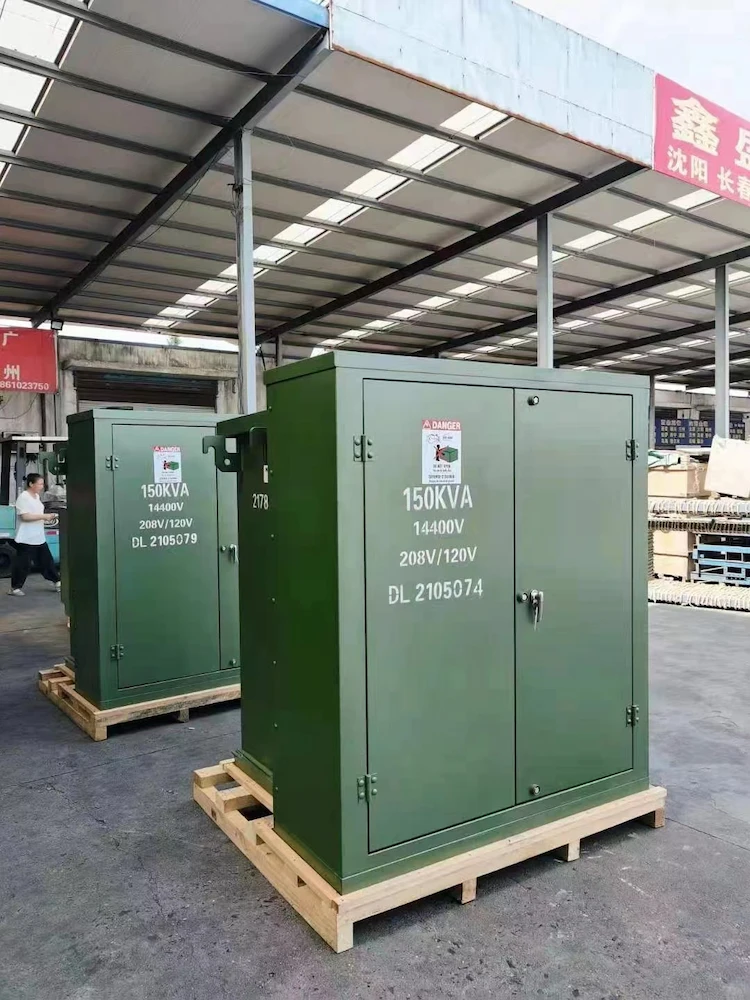
MVA transformer ratings can vary for single-phase and three-phase transformers, as mentioned earlier. Here is a transformer rating list to guide you in differentiating between single-phase and three-phase transformers.
A single-phase transformer is usually used in residential and commercial applications to reduce the single-phase supply of 220 volts to lower voltage. This is used to power electronic equipment such as a computer.
It is expressed in P = V x I where:
Unlike single-phase transformers, the three-phase transformer is used for power generation and electrical distribution. These are found on high-power industrial loads such as rectifiers, motor drives, and other equipment such as transmission lines and electrical grid stations.
It is expressed in P = √3 x V x I where:
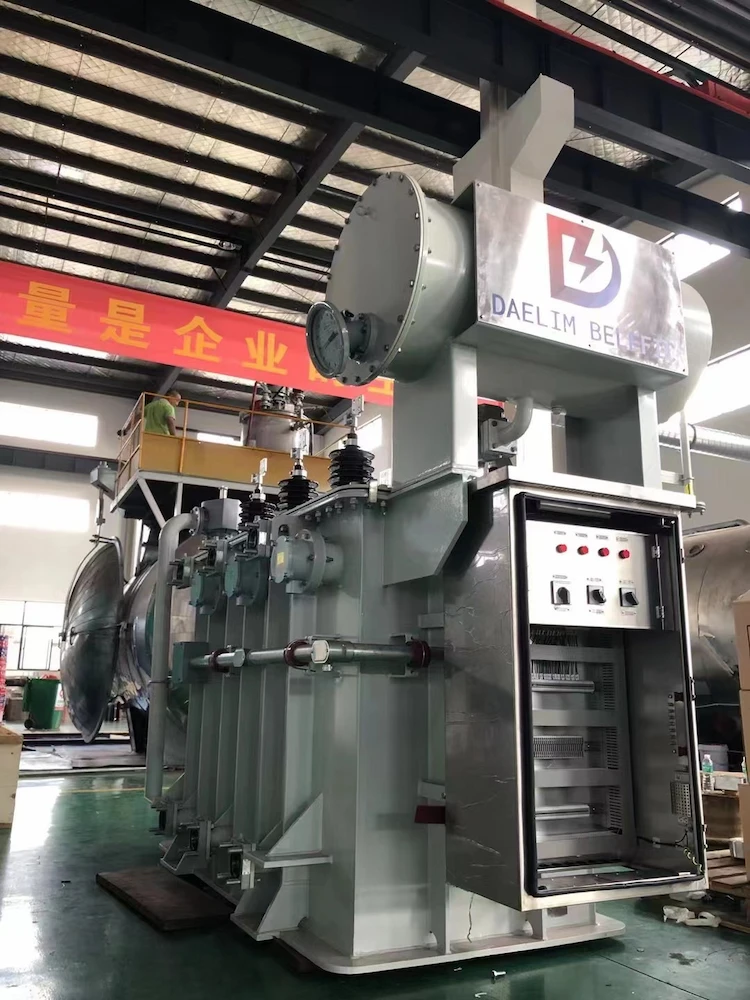
For your bitcoin mining power system, particularly for your crypto farm power, a 10 MVA transformer can generate maximum power for mining. The crypto mining power supply usually consumes 1000 kVA to 5,000 kVA increments on transformers.
This can supply crypto farm operations where two types of transformers can be used, such as the isolation transformer and autotransformer.
Isolation transformers can prevent the attached electronics from spiking from the main input power supply. Whereas autotransformers are small and lightweight, isolation transformers are more economical. The protection of the equipment for autotransformers depends on the electronics attached to the transformer.
Unlike autotransformers, isolation transformers provide no connection between the power lines and the earth’s ground. So, isolation transformers have power for mining that suppresses high-frequency noise riding on the power source.
The MVA rating of transformer is always used in VA format since total losses coming from copper, iron, core losses, and others must be represented in VA format. Such copper losses depend on the current flowing through a transformer, and the other losses depend on voltage.
So, the transformer rating is always expressed in MVA or kVA.
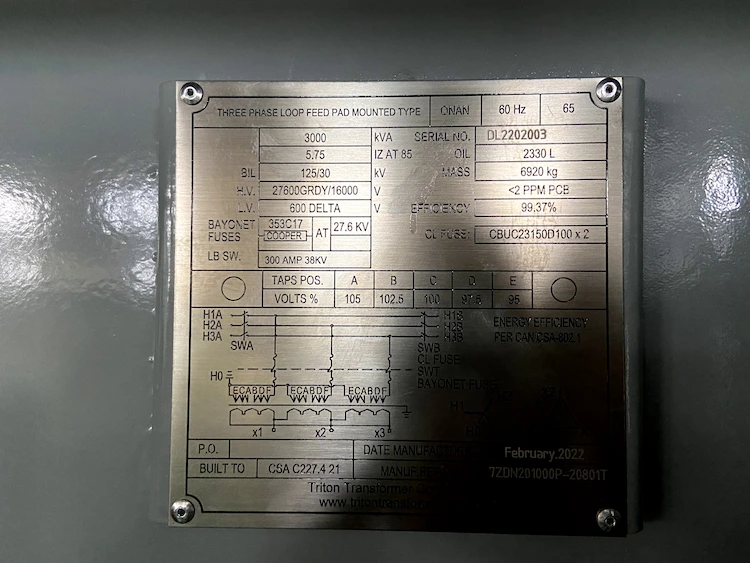
A transformer’s nameplate contains vital statistics essential to knowing its capacity. Here’s how to interpret some of the information on the nameplate.
The nameplate must contain the manufacturer’s name and unique serial number for identifying and tracking purposes on a certain unit.
These are usually specified near serial numbers, and there’s a variety of cooling classes, which you can refer to this table.
A 230000 GR. Y / 132800-69000 GR. On the nameplate, Y / 39840-12470 denotes a 230 kV Grd.Y to 69 kV Grd.Y transformer with a 12.47 kV tertiary. The transformer’s voltage rating is determined by the line-to-line system voltages as well as the winding voltages. Generally, the hyphens divide the winding voltages from the other winding voltage ratings.
Additionally, the high-voltage winding is rated at 230000GR. Y / 132800, whereas the low-voltage winding is rated at 69000 GR. The low-voltage winding rating is Y / 39840, while the tertiary winding rating is 12470.
Meanwhile, the tertiary winding with a single number and no slash indicates that the system’s winding ratings and line-to-line voltage are the same.
Volt amperes (VA) express apparent power and are used for transformer ratings. Metric prefixes such as “kilo” and “mega” are usually used. This means that a 1 kVA is equivalent to 1,000 volts while the 1 MVA is equivalent to 1,000,000 volt-amperes. Therefore, it takes 1,000 kVA to equal 1 MVA (1,000 kVA = 1 MVA).
To convert MVA to kVA, divide the kVA by 1,000 to convert to MVA. For example, if you have 500 kVA, you must divide 500 by 1,000 to get 0.5 MVA.
Download Resource

Table of Contents Selecting the right pad-mounted transformer requires careful consideration of several critical
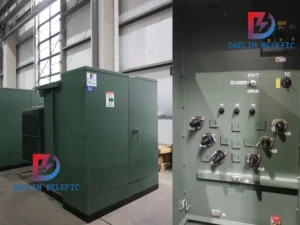
The primary function of the pad mounted transformer is to serve as a critical distribution
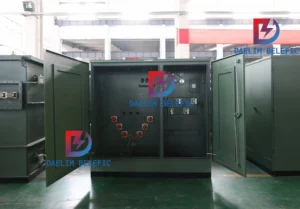
A pad mounted transformer operates through electromagnetic induction, serving as a crucial distribution component that
After filling in the contact information, you can download the PDF.